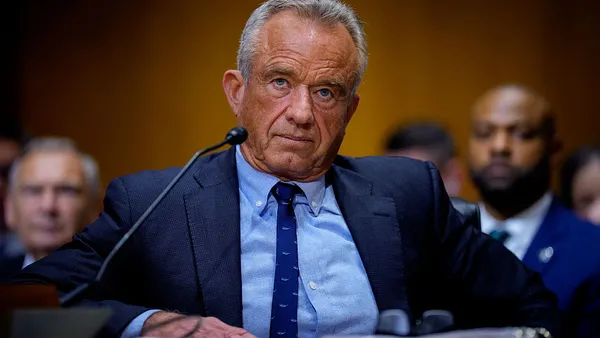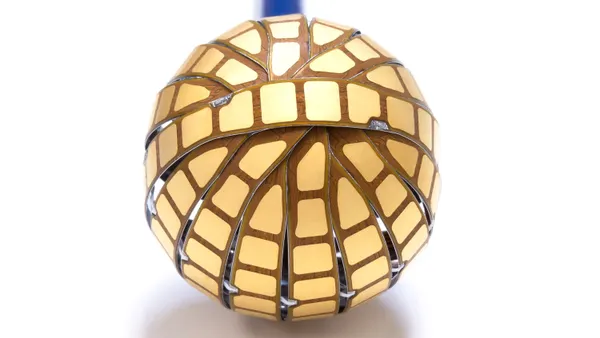Dive Brief:
- Illumina has taken the co-CEOs of Guardant Health to court for allegedly misappropriating its trade secrets and breach of contract. Guardant called the lawsuit "frivolous and retaliatory" and framed it as a response to its concerns about the Illumina-Grail merger.
- The accusations date back to 2011, when Illumina still employed Helmy Eltoukhy and AmirAli Talasaz. Illumina accused Eltoukhy and Talasaz of founding Guardant and working on technology for their company while in its employ.
- According to the lawsuit, Eltoukhy took 51,000 Illumina documents, including 1,400 "COMPANY CONFIDENTIAL" files, that contained trade secrets when he left the company. A court previously found Eltoukhy deleted, or tried to delete, Illumina documents after being deposed in a separate case.
Dive Insight:
The earlier case gave rise to the lawsuit Illumina filed this week. While Talasaz and Eltoukhy left Illumina in 2012 and 2013, respectively, the sequencing giant only became aware of the alleged transfer of files in 2019 as a result of discovery in a lawsuit Foundation Medicine brought against Guardant.
Since then, Illumina has pieced together the story of what it claims Eltoukhy and Talasaz did before resigning.
"Eltoukhy and Talasaz requested and reviewed internal Illumina presentations, solicited know-how from colleagues, and conducted research using Illumina's proprietary sequencing methods and instrumentation. While employed by Illumina, Eltoukhy and Talasaz worked on a project to create a sequencing device for processing minimally invasive blood draws, including analyzing DNA, with molecular barcodes, for cancer diagnostics and other applications," the most recent lawsuit states.
The accusations cover tens of patents that Illumina claims are based on confidential information and created through work performed by people in its employ, including Eltoukhy. According to the lawsuit, Eltoukhy's name was removed from multiple Guardant patent applications in the second half of 2019, around the time of discovery in the Foundation Medicine case.
Guardant came out strongly against the lawsuit, which its general counsel John Saia said "frivolously challenges our ownership and authorship of our intellectual property." As Saia sees it, Illumina has an ulterior motive for filing the lawsuit.
"We believe Illumina is using the courts to retaliate against us for registering concerns about the antitrust implications of Illumina's acquisition of Grail – another provider of blood-based cancer tests – and in an attempt to slow us down in the marketplace as we get ready to launch our blood test to screen for early signs of colorectal cancer," Saia said in the company's Thursday statement.
The argument validates some of the concerns that analysts raised when Illumina disclosed its $8 billion move for Grail in 2020. At the time, analysts at Cowen cited "competing with customers" as one of their main concerns with the takeover, noting that "almost every one of Illumina's major clinical customers has ambitions to develop liquid biopsy-based cancer screening tools" like those created by Grail.
Illumina has denied its actions are retaliatory, with a company spokesperson saying in an emailed statement that "there is no merit to Guardant's claim that the lawsuit was filed to suppress competition in the market." As Illumina sees things, it is business as usual.
"Illumina has no plans to change its business relationship with Guardant due to the filing of the lawsuit. Illumina will continue to supply and support Guardant, consistent with the obligations stipulated under our supply agreement with Guardant," the Illumina spokesperson said.
Guardant's Saia said a "long-term supply agreement with Illumina remains in force and our work for patients will not be interrupted."
Neither companies' investors appear alarmed by the lawsuit, with shares in Illumina and Guardant rising 3.6% and 4.8%, respectively, on Thursday.












